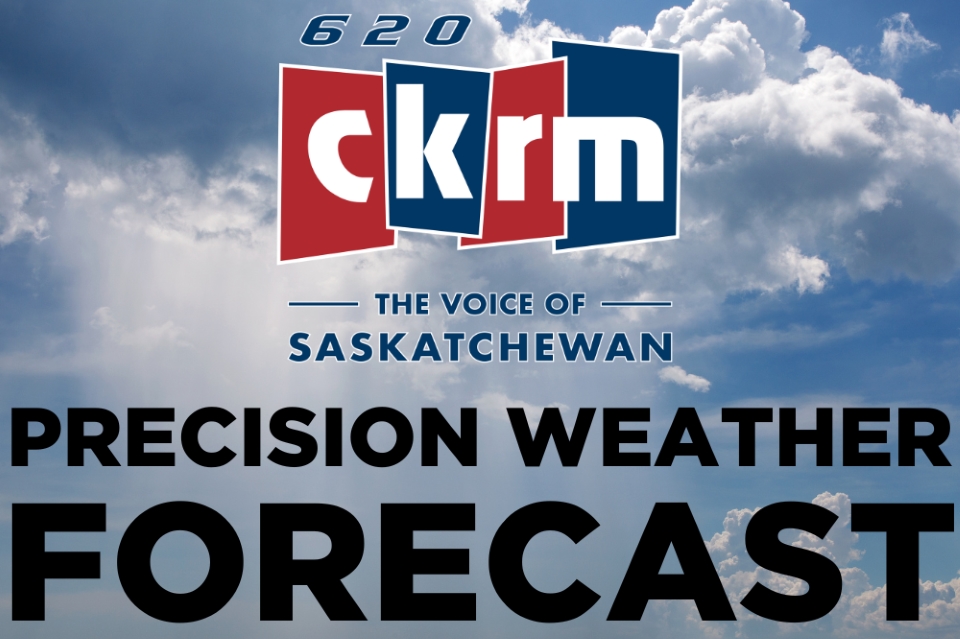REGINA – Tuesday morning, Scott Moe is scheduled to make the provincial election call – officially – for October 28. Monday, Moe posted on the X platform that he would ask Lieutenant Governor Russ Mirasty to dissolve the Legislature the next day,
“Tomorrow, the 2024 election campaign will officially begin,” he posted. “The choice in this election is clear. The Saskatchewan Party has a plan for a strong economy and a bright future. The NDP has a record of decline, loss and closures. Let’s never go back to that. Let’s keep our economy strong and our future bright.”
The dissolution of the Legislature now launches Saskatchewan into a four-week-long election campaign. The 2024 provincial election is expected to be fought over issues such as affordability, health care, education, and how the province should response to federal policies such as the carbon tax.
The two major parties, the Saskatchewan Party and the New Democrats, have already been campaigning unofficially for the last number of weeks. The election date was already well known in advance under the province’s fixed-election-dates legislation.
At dissolution, the Saskatchewan Party held 42 of the 61 seats in the legislature, with the New Democratic Party holding 14 seats, the Saskatchewan United Party holding one seat, and there are three independents.
The Sask Party is hoping this election will extend their 17-year hold on power in Saskatchewan, and by extension Scott Moe’s six-year hold on the premier’s office. But recent polls have suggested a tighter race compared to past elections, with the Sask Party leading by anywhere between one to 10 points.
The Sask Party is running on a slogan of “Strong Economy, Bright Future,” while the NDP slogans have included “it’s time for change,” as well as time to “get out of last place” in health and education spending,
In an interview last week with SaskToday, Moe promised a “responsible” Sask Party platform that includes significant investments in public safety and towards addressing mental health, as well as continued investments in health care and education and addressing issues of affordability.
The NDP have rolled out several election promises over the past number of weeks including pledges to suspend the gas tax for six months, and to remove the PST on groceries and children’s clothing. NDP Leader Carla Beck, who is seeking to become Saskatchewan’s first female Premier, has also made pledges of $2 billion towards education spending and $1.1 billion going to health care.
This election promises to be a “change” election no matter what the final result is. One change will be to the ridings themselves. This is the first provincial vote under a redrawn electoral boundary map, with several electoral districts under new names and boundaries.
This election will also see a larger-than-usual change in the MLA ranks. A total of 20 ridings will not have sitting incumbents on the ballot, which means all of those ridings will have brand-new MLAs.
This election call marks the end of some notable careers in Saskatchewan politics. Among the names of those members from the government side whose political careers are now over are Deputy Premier and Minister of Finance Donna Harpauer, Minister of Government Relations Don McMorris, Minister of Crown Investments Corporation Dustin Duncan, and Provincial Secretary and former longtime cabinet minister Don Morgan. Former Minister of Advanced Education Gordon Wyant had already departed, having resigned earlier this year to run for mayor of Saskatoon.
Speaker Randy Weekes is also not running, and the NDP are losing two of their MLAs with the departures of Jennifer Bowes and Doyle Vermette.
Professor of Politics and International Studies Tom McIntosh of the University of Regina recently told SaskToday the departure of so many incumbents brings an interesting dynamic into the campaign.
“You’ve got a lot of rookie candidates on all sides,” said McIntosh. “Rookie candidates often make mistakes and can get themselves into trouble. They can say things that they shouldn’t have said to the media, all those sorts of things. So you may have some of those kinds of controversies and explosions during the course of the campaign. and that can throw a party off-message if you have to deal with those kind of eruptions from your candidates.”
Another dynamic is that this will be the first election for the Saskatchewan United Party under its leader Jon Hromek.
The party was formed following the departure of Nadine Wilson from the Saskatchewan Party caucus. Wilson will be running again under her new party’s banner while Hromek will run in Lumsden-Morse, the same riding where he finished second in a by-election last year.
In speaking to SaskToday prior to the election call, Hromek said they have 24 candidates announced, another seven or eight that are ready to be announced and a couple more that are in various stages of the interview process.
“So we’re probably going to be running in somewhere between 35 and 40 candidates in this general election,” said Hromek. “Which would be enough to play a significant role in terms of the vote.”
A third dynamic is that voters will head to the provincial polls at the same time that municipal and school board campaigns are actively under way for their election on Nov. 13.
The nominating period is currently on for municipal and school board positions across the province and several municipal campaigns have already launched with signs put up. You can now also expect to see provincial party signs to be put up between now and Oct. 28.








